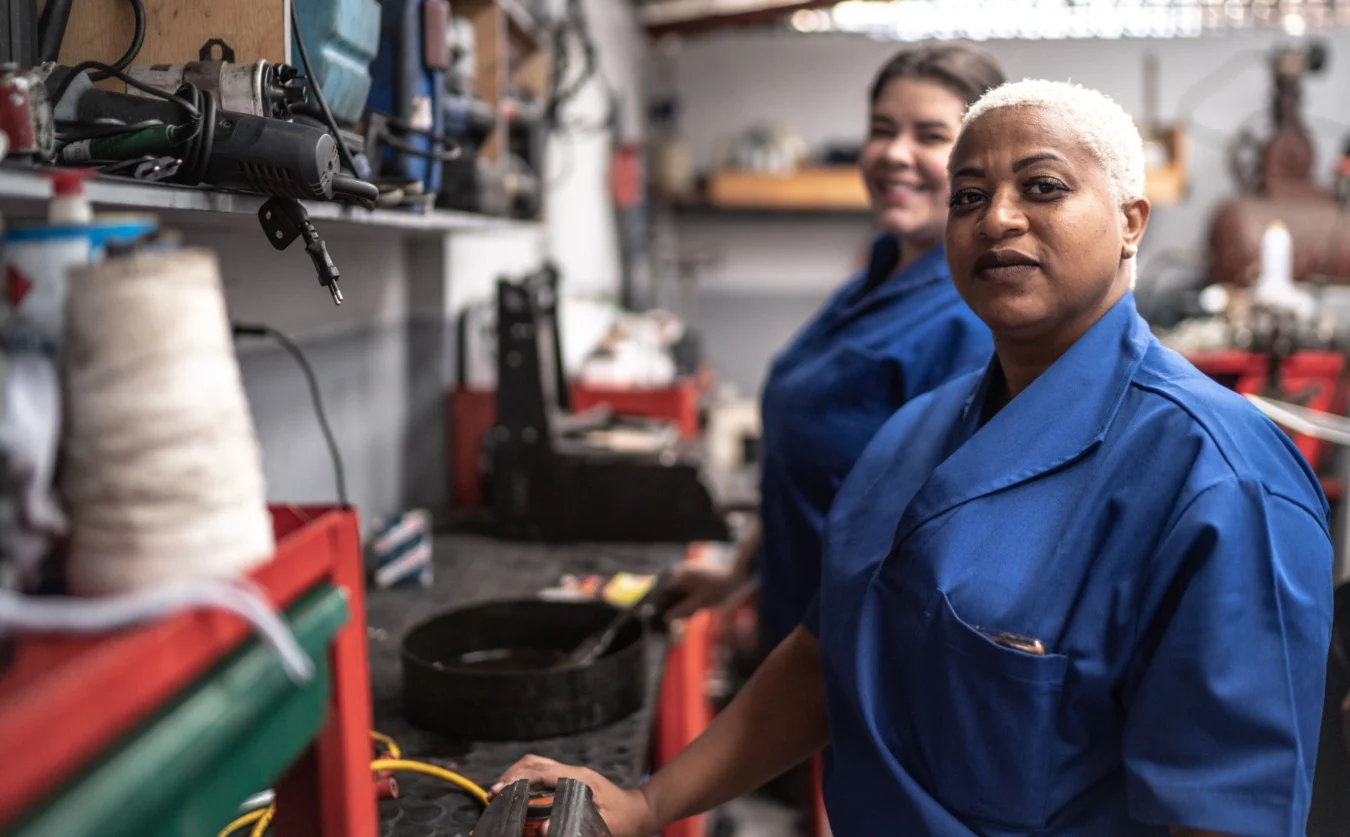
September 9, 2024
Meet ALICE. They are our food delivery drivers, waiters, cashiers, office workers, retail workers, fast food workers, and other essential workers. They are the unsung heroes that power our workforce and our economy. But ALICE (Asset Limited, Income Constrained, Employed) individuals don’t have the resources they need because of outdated poverty measures.
Many individuals living in poverty are working more than one job, yet still struggle to make ends meet. People employed in low-wage or part-time positions are caught in a cycle where their earnings fall short of covering basic needs like food, utilities, and rent. Their reality of juggling multiple jobs should challenge the narrative that poverty is a result of personal shortcomings.
Poverty is a policy choice — and we can make a different choice. We can expand the definition to truly count everyone living in poverty. The federal poverty line focuses only on income and fails to consider other critical factors that affect an individual’s economic security. A framework by United for ALICE gives a better and more accurate way to view economic hardship. This tool evaluates income measures against the cost of living in the local and regional landscape. The reason different jurisdictions need to double and triple their income thresholds is because the federal poverty level doesn’t provide a reliable measure of economic hardship.
“Hard work should be rewarded with fair pay,” said LaTanya Jackson Wilson, Shriver Center on Poverty Law vice president of advocacy. “But companies are reporting record profits while their workers don’t make livable wages. We need policies to limit corporate greed and reduce wealth disparities between the highest and lowest earners.”
Another policy choice we can make is investments in government programs that supplement earnings for workers with low wages. As government’s eligibility criteria remain narrow, people aren’t getting the support they need from existing programs. Key steps include raising the minimum wage, broadening eligibility for assistance programs, and enhancing access to affordable services.
For instance, Cook County aims to go from pilot to permanent with regular, no-strings-attached cash assistance, also known as guaranteed income. The Shriver Center fights for policies that strengthen the financial safety net, including advocating for guaranteed income, supporting child tax credits, expanding paid leave, and ending source of income discrimination.
The federal minimum wage is $7.25 per hour, while in Cook County, it’s $14.05 for non-tipped workers and $8.40 for tipped workers. In stark contrast, the living wage for a single adult supporting two children in the Chicago metropolitan area is $44 per hour. This shows how far off the federal poverty line is from what people need to survive.
As the income gap widens, millions of people face barriers that prevent them from getting ahead. Poverty affects where people live and zip codes, in turn, can dictate life outcomes. Disparity in access to income, quality education, and health care underscores the need for a more equitable distribution of resources and opportunities, ensuring that location doesn’t determine a person’s potential for success and stability.
Addressing ALICE issues has personal and professional importance for many who witness the daily challenges faced by those struggling in today’s economy. LaTanya has early memories of a childhood home open to what she now knows as ALICE individuals. “I watched my parents take in and support families who fell on hard times,” she said. “Echoing values of true service and community, we viewed many we shared our home with as our extended family. And I still do.”
Our institutions and policies must support all people by providing fair work at a living wage and the supplemental income they need to thrive. By broadening our understanding of poverty and advocating for meaningful policy change, we can better help ALICE individuals and work toward a more equitable society.

Systemic inequities and the legacy of structural racism make it harder for low-income people and people of color to achieve financial stability.
Everyone should be paid decently and have basic workplace protections.